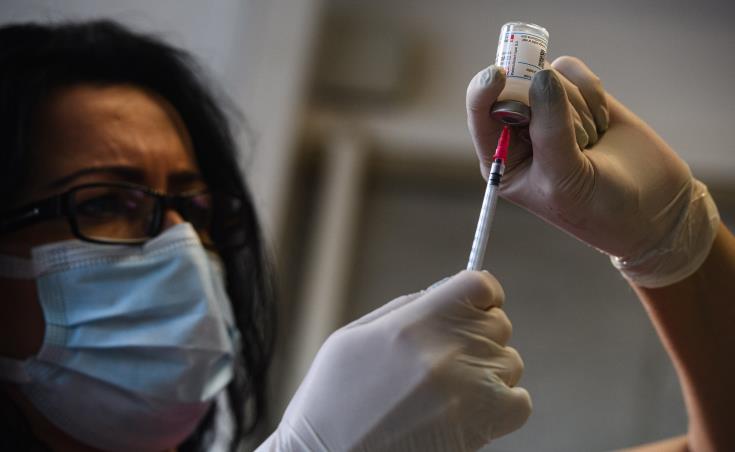Cyprus’ COVID-19 vaccination rollout is at risk as people eligible for a coronavirus jab prefer to hold back feeling insecure as they are not convinced the AstraZeneca vaccine is safe.
Fuelled by doubts created after AstraZeneca’s jab was associated with a series of blood clotting incidents, Cypriots are concerned over not only the safety of this jab but vaccines in general.
In comments to Philenews website, Dr Christos Petrou, a government advisor on vaccination planning, said in the last two weeks, it is apparent that people are reluctant to opt for the AstraZeneca jab, slowing Cyprus’ rollout.
“This clearly creates problems in the rollout of vaccinations since our vaccination program relies heavily on the large quantities that Cyprus has ordered from AstraZeneca,” said Petrou.
He argued the reluctance to get vaccinated is not a Cypriot phenomenon but happening across the European Union.
Earlier in March, many EU countries, including Cyprus, suspended the use of AstraZeneca’s jab, pending an investigation by the EU’s medical agency.
The European Medicines Agency (EMA), following some instances of thrombosis in patients who were administered the vaccine in EU countries, looked into blood clotting incidents involving patients who had recently been vaccinated.
The EMA reviewed only 7 cases of blood clots in multiple blood vessels (disseminated intravascular coagulation, DIC) and 18 cases of CVST.
The U.K.’s drug safety regulator said on Monday; it had identified more cases (22) of thrombosis related to the Oxford/AstraZeneca vaccine, bringing the total to 30 — though it says the benefits of the shot still far outweigh the risks.
These cases were found out of 18.1 million doses administered.
Petrou said apart from safety concerns, the 3-month gap between AstraZeneca shots is also a negative factor.
“As the weeks go by and we get closer to either Easter or the summer, we hear that people are thinking about their summer holidays and think the 12-week interval between the first and second jabs may ruin their holiday plans.
“We have to trust the regulatory authorities, the European Medicine Agency, which until now has not found a direct link between blood clotting incidents and the vaccine.”
Petrou argued the safety and efficacy of vaccines had been proven in the field.
“In the UK, half the population has received at least the first dose of both vaccines (Pfizer – Astra-Zeneca), and we see a significant reduction in the number of positive cases and especially in COVID-19 deaths.”
He said the vaccine’s unknown factors should be weighed against the known risks of being exposed to COVID-19, which causes blood clots and serious respiratory problems.










